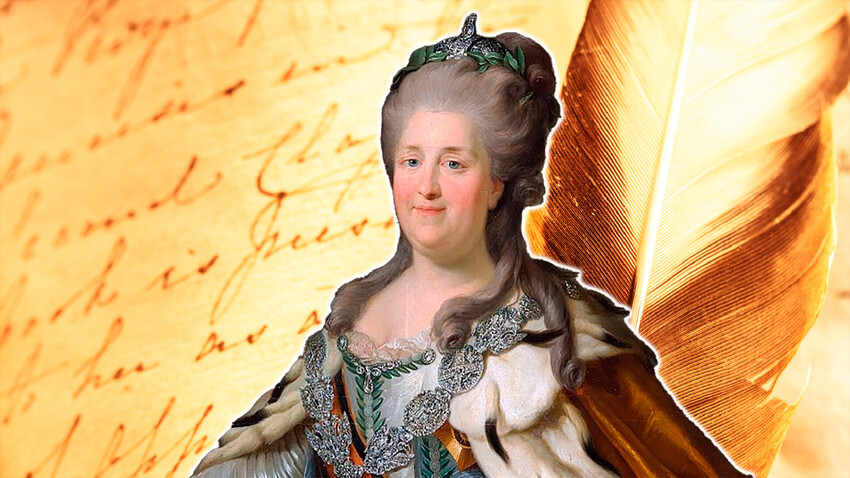
Among her works were operas, dramas and comedies – the empress’ plays count in the dozens. In them, she ridiculed the prejudices and vices of Russian society. The plays were staged at the Hermitage Court Theater in St. Petersburg under the personal supervision of the empress – she even attended the rehearsals.
One of the empress’ comedies is dedicated to the visit to Russia of famous Italian adventurer Count Cagliostro, whom many mistook for a magician and alchemist. In Russia, he became friends with Prince Grigory Potemkin, the favorite of the empress. They say that Cagliostro offered to increase Potemkin’s gold reserves three-fold, providing the “magician” himself got a third. It is not known what Cagliostro did, but Potemkinsky’s gold allegedly did, somehow, grow three-fold.
The swindler did many more tricks in Russia, but eventually got caught pulling a cruel prank. He allegedly resurrected a baby, the son of Count Gagarin, but those around him suspected he had swapped the child. After this, Cagliostro had to hastily leave Russia. Catherine the Great, deeply outraged by the story, subsequently wrote the comedy ‘The Deceiver’, based on the Italian “magician”.
Dear readers,
Our website and social media accounts are under threat of being restricted or banned, due to the current circumstances. So, to keep up with our latest content, simply do the following:
If using any of Russia Beyond's content, partly or in full, always provide an active hyperlink to the original material.
Subscribe
to our newsletter!
Get the week's best stories straight to your inbox